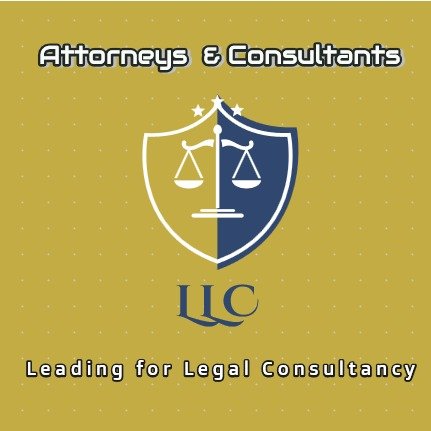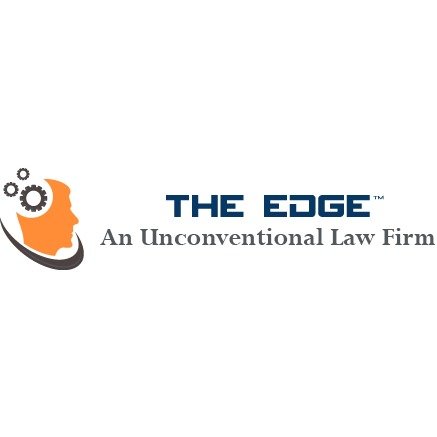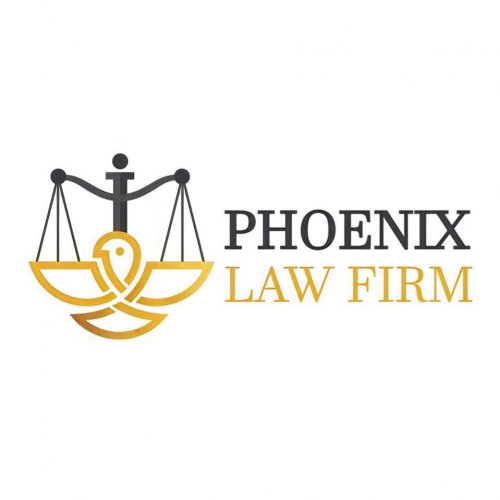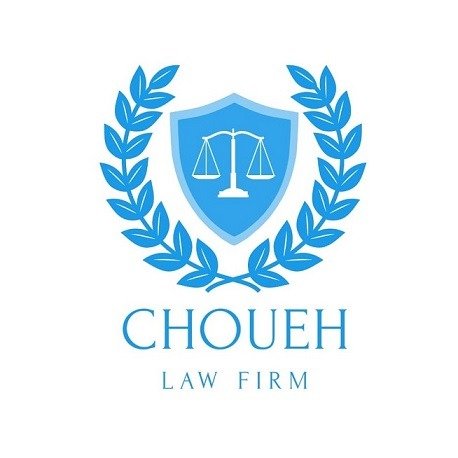Best Corporate Governance Lawyers in Beirut
Share your needs with us, get contacted by law firms.
Free. Takes 2 min.
List of the best lawyers in Beirut, Lebanon
About Corporate Governance Law in Beirut, Lebanon
Corporate governance refers to the systems, principles, and processes by which companies are directed and controlled. In Beirut, Lebanon, these frameworks are shaped by national commercial laws, regulations issued by the Central Bank (Banque du Liban), and international standards adopted increasingly by local companies. Good corporate governance aims to enhance transparency, accountability, and the overall sustainability of businesses, whether they are listed on the Beirut Stock Exchange or operate as private entities. Lebanese laws set requirements for how boards of directors function, the rights and protections of shareholders, disclosure obligations, and the ways conflicts of interest should be managed.
Why You May Need a Lawyer
Navigating the complexities of corporate governance can be challenging, especially given the intersection of Lebanese law, evolving business practices, and international expectations. You may need a lawyer in a variety of common situations, such as:
- Establishing a new corporation or restructuring an existing one
- Ensuring compliance with local and international governance standards
- Drafting or revising corporate bylaws, charters, and internal policies
- Advising board members or executives on their legal responsibilities
- Handling shareholder disputes or conflicts of interest
- Responding to regulatory investigations or sanctions
- Managing mergers, acquisitions, or dissolutions
- Addressing governance issues in family-owned or closed corporations
- Implementing anti-corruption, anti-money laundering, and due diligence programs
Local Laws Overview
Several legal frameworks form the basis of corporate governance in Beirut. The Lebanese Code of Commerce regulates the formation, operation, and dissolution of Lebanese companies, including joint stock companies (SAL) and limited liability companies (SARL). The Central Bank’s circulars and the Capital Markets Authority’s regulations supplement these rules, especially for companies in the banking and financial sectors.
Key aspects include requirements for board composition, periodic shareholder meetings, proper record keeping, disclosure of financial statements, director’s duties of loyalty and care, auditor oversight, and protections for minority shareholders. International companies are often expected to comply with additional standards, such as the OECD Principles of Corporate Governance. Failure to comply with these legal obligations can result in administrative or criminal sanctions.
Frequently Asked Questions
What is the legal definition of corporate governance in Lebanon?
Corporate governance in Lebanon is not defined by a single law but is understood as the set of rules, practices, and processes that direct and control companies, as set out primarily in the Code of Commerce, Central Bank circulars, and other sector-specific regulations.
Who is responsible for corporate governance within a Lebanese company?
The board of directors holds the primary responsibility for corporate governance matters, with oversight by shareholders and, where applicable, auditors and regulators.
How are board members appointed and what are their main duties?
Board members are appointed by shareholders during general assemblies. Their duties include acting in good faith, avoiding conflicts of interest, and ensuring compliance with legal and statutory obligations.
What are the disclosure and reporting requirements for companies?
Companies must prepare audited annual financial statements, hold at least one general assembly for shareholders per year, and, in the case of listed or regulated companies, periodically disclose financial and governance information to authorities and the public.
Are minority shareholder rights protected under Lebanese law?
Yes, minority shareholders are afforded protections such as the right to convene shareholder meetings under certain conditions, inspect company records, and take legal action against directors for breaches of duty.
How are conflicts of interest managed?
Directors must disclose any conflict of interest to the board, refrain from voting or decision-making in those matters, and ensure such conflicts are recorded in meeting minutes.
What are the legal implications of non-compliance with governance laws?
Non-compliance can result in administrative penalties, criminal prosecution, civil liability, and potential disqualification of directors.
Does Lebanese law require specific committees (such as audit or risk) within a board?
There is no universal requirement, but sector regulations and best practices recommend or require committees like audit, risk, or remuneration, particularly in listed or financial institutions.
How has the regulatory environment changed in recent years?
There has been an increase in regulatory oversight, especially from the Capital Markets Authority and Banque du Liban, and a movement towards greater transparency and alignment with international corporate governance norms.
How can a company improve its corporate governance practices?
By seeking legal advice, conducting regular internal audits, adopting clear internal policies, training board members, and staying updated with legislative and regulatory changes.
Additional Resources
You may find the following Lebanese bodies and organizations helpful for information or guidance on corporate governance issues:
- Ministry of Economy and Trade - Company registration and regulatory guidance
- Banque du Liban (Central Bank of Lebanon) - Regulations for financial sector entities
- Capital Markets Authority - Oversight and compliance for listed companies
- Lebanese Association of Certified Public Accountants - Information on auditing standards
- Association of Banks in Lebanon - Guidance for banking sector governance
- Lebanese Transparency Association - Resources for anti-corruption and governance
Next Steps
If you require legal assistance with corporate governance matters in Beirut, Lebanon, consider taking the following steps:
- Gather all relevant company documents (articles of association, bylaws, meeting minutes)
- Identify the specific issue or question you need advice on
- Contact a lawyer specialized in corporate law or governance
- Be prepared to discuss your business structure, operations, and recent board activities
- Follow up on legal recommendations and implement necessary changes to your governance framework
- Stay informed about legal updates and consider regular legal check-ups to maintain compliance
Seeking professional legal counsel is vital to ensure your company’s governance structures remain robust, compliant, and aligned with both local and international best practices.
Lawzana helps you find the best lawyers and law firms in Beirut through a curated and pre-screened list of qualified legal professionals. Our platform offers rankings and detailed profiles of attorneys and law firms, allowing you to compare based on practice areas, including Corporate Governance, experience, and client feedback.
Each profile includes a description of the firm's areas of practice, client reviews, team members and partners, year of establishment, spoken languages, office locations, contact information, social media presence, and any published articles or resources. Most firms on our platform speak English and are experienced in both local and international legal matters.
Get a quote from top-rated law firms in Beirut, Lebanon — quickly, securely, and without unnecessary hassle.
Disclaimer:
The information provided on this page is for general informational purposes only and does not constitute legal advice. While we strive to ensure the accuracy and relevance of the content, legal information may change over time, and interpretations of the law can vary. You should always consult with a qualified legal professional for advice specific to your situation.
We disclaim all liability for actions taken or not taken based on the content of this page. If you believe any information is incorrect or outdated, please contact us, and we will review and update it where appropriate.













